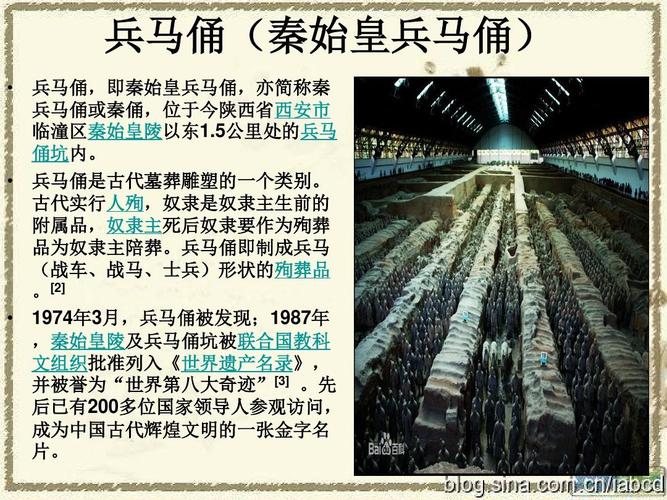
The Terracotta Army: A Reflection of Qin Shi Huang's Life and Beliefs
A Discovery from the Dust
Buried underground for over two millennia, the Terracotta Army remained hidden from the world until their accidental discovery in 1974 by farmers digging a well near Xi'an, China. This unearthing unveiled one of the most significant archaeological finds of the 20th century, offering an unparalleled glimpse into the reign and mindset of Qin Shi Huang, the first emperor of a unified China.
An Army for the Afterlife
The purpose of this vast clay army, numbering in the thousands, was not to wage war in the mortal realm but to serve and protect the emperor in the afterlife. Qin Shi Huang, obsessed with immortality and driven by a desire to rule even after death, envisioned his tomb as a microcosm of his earthly empire, requiring an army to maintain order and defend against potential threats.
Symbolism and Significance
Military Might and Power:
The sheer scale of the Terracotta Army, with its infantry, archers, cavalry, and chariots, speaks volumes about Qin Shi Huang's obsession with military might and his ambition to conquer and control. The meticulous arrangement of the warriors, each with unique facial features and attire, further emphasizes the emperor's meticulousness and the vast resources at his command.
Quest for Immortality:
Qin Shi Huang's fear of death and relentless pursuit of immortality are well-documented. The Terracotta Army, meant to serve him eternally in the afterlife, is a potent symbol of this obsession. He believed that by surrounding himself with these loyal warriors, he could maintain his power and influence beyond the mortal realm.
Standardization and Control:
The uniformity in the construction of the warriors, their weapons, and their formations reflects the emperor's desire for order and standardization. This reflects Qin Shi Huang's legalist philosophy, which emphasized strict laws, centralized control, and the suppression of dissent. The Terracotta Army, therefore, becomes an embodiment of his ideology, imposing order even in the afterlife.
A Legacy in Clay
The Terracotta Army stands today as a testament to the grandeur and ambition of Qin Shi Huang, offering invaluable insights into the military practices, artistic skills, and cultural beliefs of ancient China. They serve as a powerful reminder of the emperor's obsession with power, his relentless quest for immortality, and his desire to project his dominion into the afterlife.
Questions for Reflection
- How does the Terracotta Army reflect the social and political structure of ancient China during the Qin dynasty?
- What can we learn about ancient Chinese beliefs about the afterlife from the Terracotta Army?
- How do the Terracotta Warriors serve as a form of artistic expression and what do they tell us about the craftsmanship of the time?